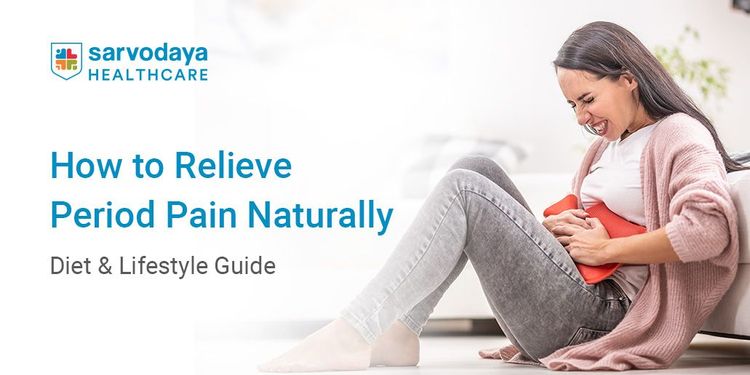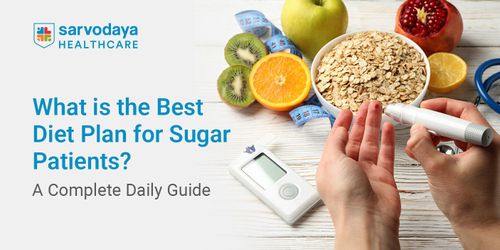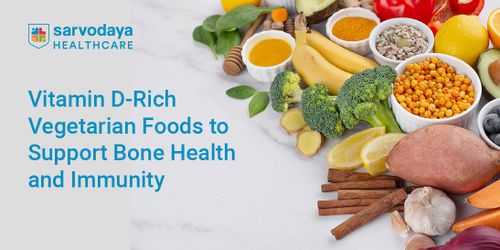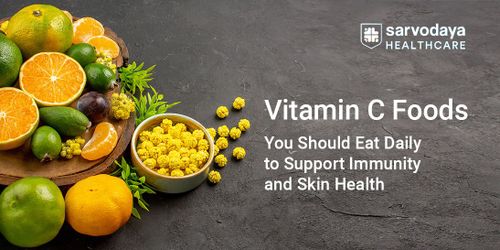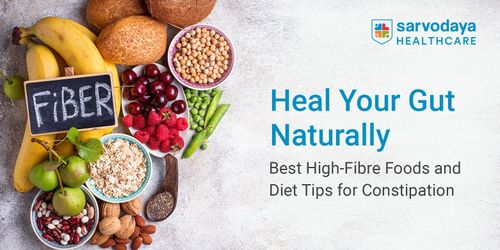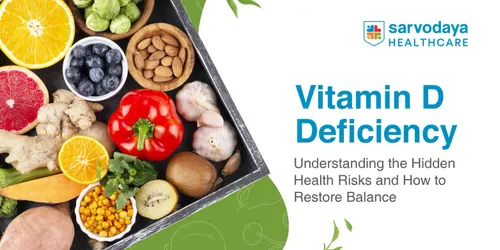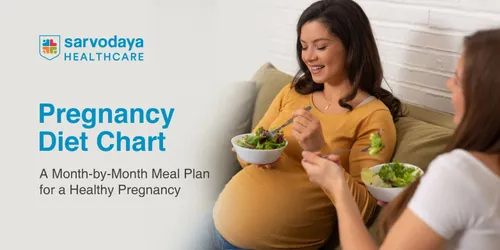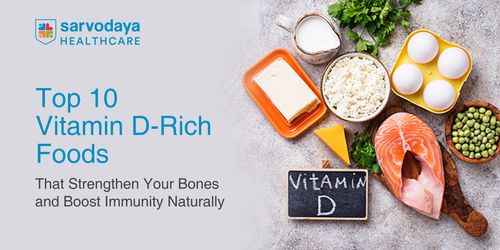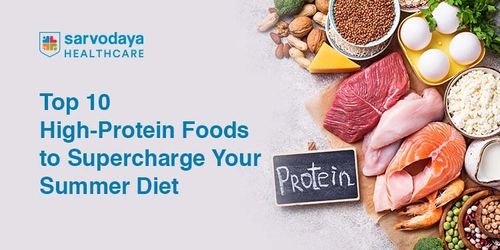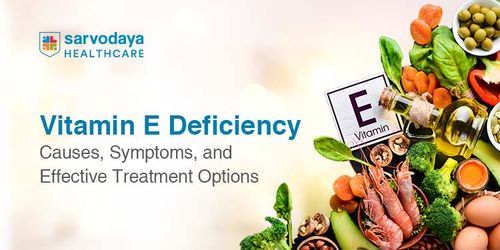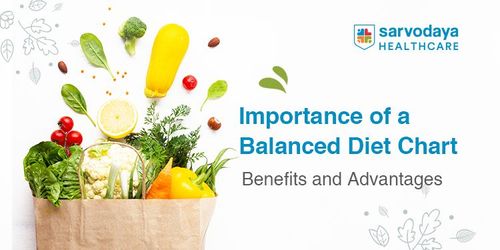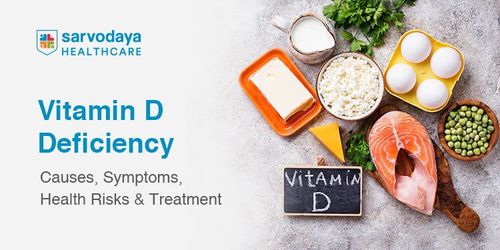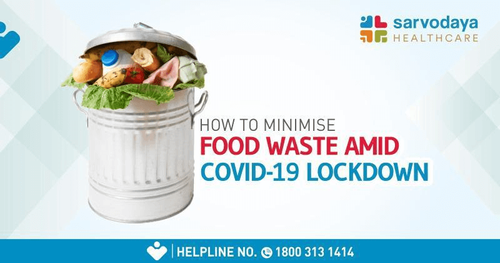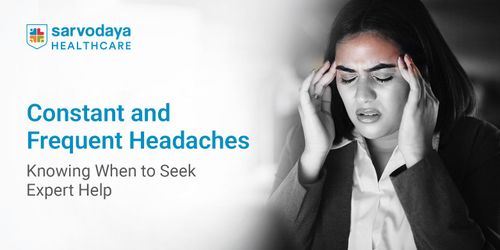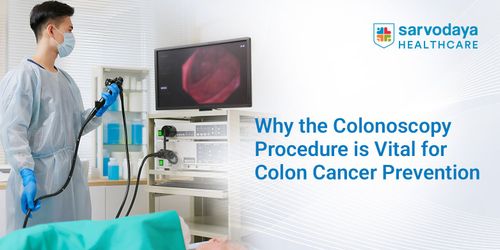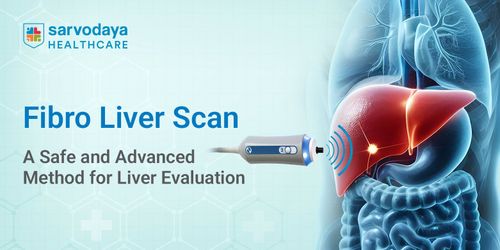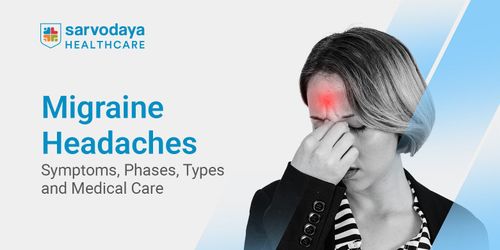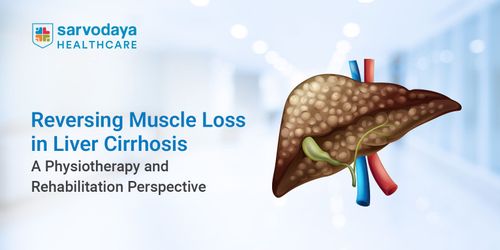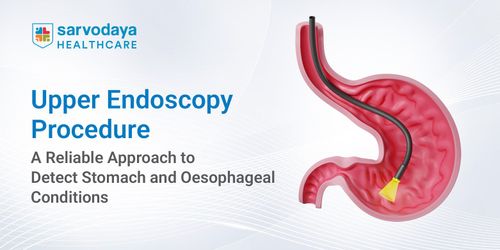Menstrual cramps, also known as dysmenorrhoea, are one of the most common concerns among women of reproductive age. They can feel like a dull throbbing pain or sharp spasms in the lower abdomen and often extend to the back and thighs. For some, the discomfort is mild, but for many, period pain can interfere with daily life, affecting productivity, mood and overall quality of life.
In this blog, we will explore how natural methods such as diet, lifestyle changes and preventive care can help relieve period pain.
An Overview of Menstrual Cramps and Causes
Menstrual cramps happen due to the contraction of the uterus when the lining sheds during a period. These contractions are triggered by hormone-like substances called prostaglandins, which can also cause nausea, fatigue and headaches in some cases.
The severity of cramps varies for each woman. Some may only feel mild discomfort, while others experience severe pain that disrupts their routine.
The causes can include:
- Primary Dysmenorrhoea: Cramping without an underlying condition, typically beginning in adolescence.
- Secondary Dysmenorrhoea: Caused by conditions such as endometriosis, fibroids or pelvic infections.
Persistent or unusually severe cramps may also signal underlying medical concerns. In such cases, consulting a specialist is essential for proper diagnosis and treatment.
Dietary Choices for Period Pain Relief
A balanced diet plays a key role in reducing inflammation and supporting hormonal balance, both of which can ease menstrual cramps. Choosing the right foods for menstruation can provide comfort, while avoiding certain items can prevent worsening of pain and bloating.
Here are some recommended period pain relief food options that can make a difference:
- Leafy Greens: Greens like spinach and kale are rich in iron, which helps replenish levels lost during bleeding.
- Omega-3 Rich Foods: Sources of Omega-3, such as salmon, flaxseeds, and walnuts, are effective in reducing inflammation.
- Whole Grains and Legumes: Provide fibre and help regulate blood sugar, which may minimise mood swings.
- Nuts and Seeds: Good sources of magnesium that relax muscles and reduce cramps.
- Herbal Teas: For example, ginger or chamomile soothes the digestive system and eases bloating.
Alongside what to eat, it is equally important to consider foods to reduce period pain.
These include:
- Bananas, Avocados and Dark Chocolate: Rich in magnesium and potassium to help relax muscles.
- Berries and Citrus Fruits: Packed with antioxidants and vitamin C, they reduce inflammation.
- Water-Rich Foods: Cucumber and watermelon help keep the body hydrated, reducing bloating.
While planning a diet, it is also necessary to note what should be limited. Excess caffeine, salty snacks, fried items and processed foods are best avoided, as they can increase inflammation, dehydration and discomfort.
Lifestyle Changes for Managing Menstrual Cramps
While diet is central to easing discomfort, lifestyle habits also play a strong role in pain management. Daily changes can help reduce the intensity of cramps and improve overall well-being.
Some of the most effective lifestyle practices include:
- Exercise to Relieve Menstrual Cramps: Light physical activity increases blood circulation and releases endorphins, the body’s natural painkillers. Activities such as yoga, stretching, brisk walking and swimming are particularly beneficial. Specific yoga poses like the child’s pose and cat-cow stretch help relax the pelvic muscles.
- Stress Management: Meditation, deep breathing and mindfulness exercises lower stress hormones that can otherwise intensify period pain.
- Heat Therapy: Applying a hot water bottle or heating pad to the lower abdomen helps relax the uterine muscles and reduce cramping.
- Adequate Rest and Sleep Hygiene: Maintaining a consistent sleep cycle supports hormonal balance and reduces fatigue.
- Hydration: Drinking enough water prevents bloating and reduces fluid retention, easing discomfort.
Preventive Measures for Long-Term Relief
Relieving period pain is not just about addressing symptoms during menstruation. Long-term preventive care helps minimise discomfort and builds resilience against severe cramps. Preventive strategies should combine diet, exercise and regular medical consultation.
Here are some key measures that can be adopted:
- Maintain a Healthy Weight: Excess body fat can lead to hormonal imbalances, which in turn increase the severity of cramps.
- Stay Physically Active: Regular exercise not only improves circulation but also regulates hormones and reduces stress.
- Follow a Consistent Diet: Including food for periods and avoiding overly processed options helps manage inflammation and maintain overall health.
- Stay Hydrated: Drinking sufficient fluids supports muscle function and prevents bloating.
- Consult Professionals When Needed: Visiting a dietitian in Delhi NCR can provide tailored dietary advice suited to individual needs. For women struggling with severe cramps or other menstrual irregularities, seeking care at a dietetics and nutrition hospital in Faridabad, Delhi NCR ,ensures expert support with a holistic approach.
With the right preventive plan, women can gradually lessen the severity of menstrual cramps and improve their long-term health outcomes.
Conclusion
Menstrual cramps can be physically draining and emotionally exhausting, but with the right natural strategies, they can be managed effectively. A combination of dietary changes, lifestyle adjustments and preventive measures not only reduces discomfort but also enhances overall quality of life.
At Sarvodaya Hospital, Faridabad, women receive comprehensive support through expert dietitians, nutritionists and best gynaecologist in delhi ncr who focus on both treatment and prevention. Personalised consultation for period pain relief, food, diet planning and preventive lifestyle counselling helps women achieve long-term comfort and better menstrual health. Early preventive consultation ensures that small lifestyle changes today can prevent severe menstrual discomfort in the future.
Ultimately, menstrual health is about balance. Choosing the right food to ease period pain, adopting supportive habits and consulting with professionals when needed ensures that women not only find relief from current symptoms but also build a foundation for a healthier future.


